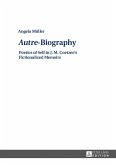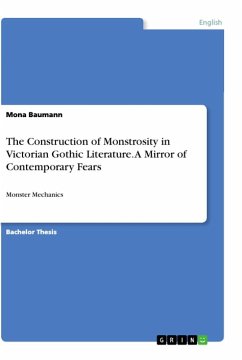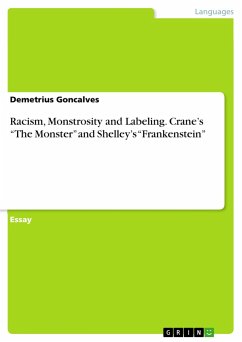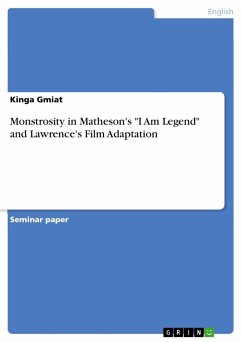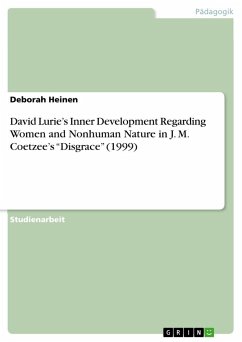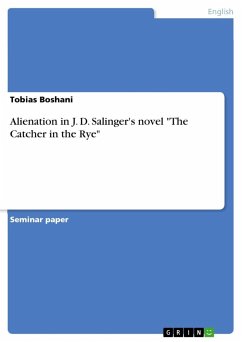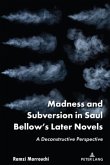In Monstrosity, Alienation and Impossibility of Communication in J. M. Coetzee's Novels, readers embark on a profound exploration of the intricate themes, enigmatic ideas, and monstrous forms that permeate the works of Nobel Prize laureate J.M. Coetzee. This book explores how Coetzee uniquely portrays monstrous bodies and stunted characters, challenging our assumptions about these concepts. By examining pivotal novels such as Waiting for the Barbarians (1980), Foe (1986), Disgrace (1999), Boyhood (1997), and Youth (2002), the authors illuminate how these texts serve as vehicles for Coetzee's complex ideas regarding monstrosity and deformity. They adopt an interdisciplinary approach, examining specific aspects of Coetzee's novels through the lens of monstrosity and deformity. This develops into a powerful analysis of the meaning of monstrosity and deformity in Coetzee's novels, but also a historical vision that can provide a better understanding of human power and intellectual relationships, alienation, and (mis)communication in contemporary societies.
Bitte wählen Sie Ihr Anliegen aus.
Rechnungen
Retourenschein anfordern
Bestellstatus
Storno


